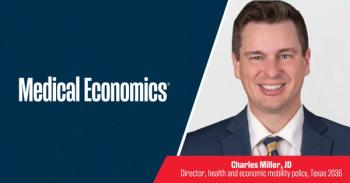
How an organization in the Lone Star State aims to make health insurance affordable while promoting market competition.
Richard Payerchin is senior editor of Medical Economics.

How an organization in the Lone Star State aims to make health insurance affordable while promoting market competition.

How an organization in the Lone Star State aims to make health insurance affordable while promoting market competition.
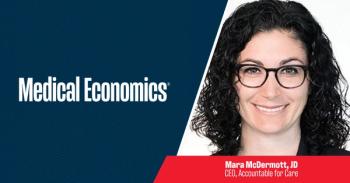
An advocate discusses how ACOs raised red flags about Medicare spending for skin substitute treatments for patient wounds.

The CEO of advocacy group Accountable for Health discusses what ACOs found in Medicare’s massive spending on skin substitutes.

An advocate discusses how ACOs raised red flags about Medicare spending for skin substitute treatments for patient wounds.

The CEO of advocacy group Accountable for Health discusses what ACOs found in Medicare’s massive spending on skin substitutes.

An advocate discusses how ACOs raised red flags about Medicare spending for skin substitute treatments for patient wounds.

CMS tallies annual expenditures that include $1.1 trillion for physician and clinical services.
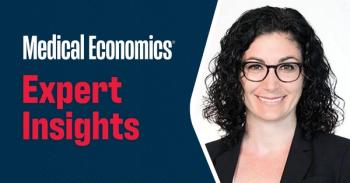
The CEO of advocacy group Accountable for Health discusses what ACOs found in Medicare’s massive spending on skin substitutes.

Disagreement over vaccine policy prompts a new court case to stop an Advisory Committee on Immunization Practices meeting and decision.

An advocate discusses how ACOs raised red flags about Medicare spending for skin substitute treatments for patient wounds.
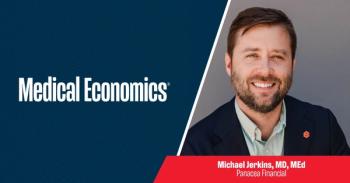
The president and co-founder of Panacea Financial describes his financial journey and creation of a bank to serve doctors, other clinicians and medical students.
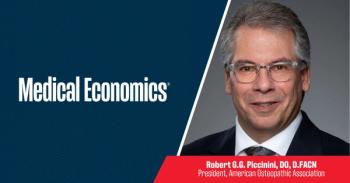
Why the American Osteopathic Association filed a lawsuit against the American Board of Internal Medicine over medical program director certification.
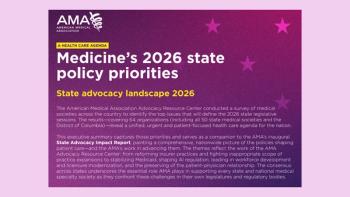
What are the top priorities facing physicians across the country this year?

American Osteopathic Association president discusses a split with ABIM in internal medicine education and a potential legal remedy to fix it.

The president and co-founder of Panacea Financial describes his financial journey and creation of a bank to serve doctors, other clinicians and medical students.

Why the American Osteopathic Association filed a lawsuit against the American Board of Internal Medicine over medical program director certification.
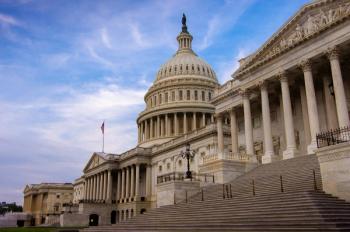
Health insurance CEOs to be called in later this month; advocates call for changes to Medicare policies.

American Osteopathic Association president discusses a split with ABIM in internal medicine education and a potential legal remedy to fix it.

Why the American Osteopathic Association filed a lawsuit against the American Board of Internal Medicine over medical program director certification.

Did you catch all the Medicare payment model changes coming for 2026 and 2027? Here’s a slideshow recap.

The president and co-founder of Panacea Financial describes his financial journey and creation of a bank to serve doctors, other clinicians and medical students.

How will the new federal effort affect primary care?
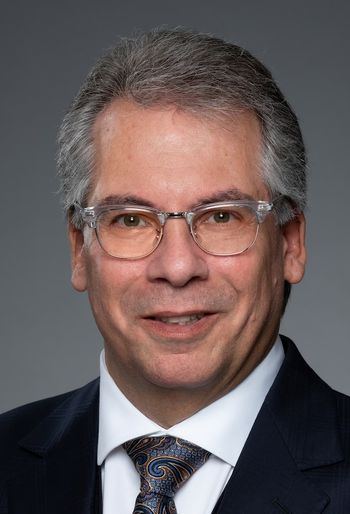
American Osteopathic Association president discusses a split in internal medicine education and a potential legal remedy to fix it.
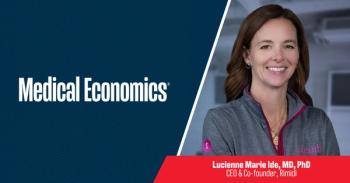
A physician expert discusses changes in RPM policy and reimbursement.

Why the American Osteopathic Association filed a lawsuit against the American Board of Internal Medicine over medical program director certification.

A physician expert discusses changes in RPM policy and reimbursement.

The president and co-founder of Panacea Financial describes his financial journey and creation of a bank to serve doctors, other clinicians and medical students.

Why the American Osteopathic Association filed a lawsuit against the American Board of Internal Medicine over medical program director certification.

A physician expert discusses changes in RPM policy and reimbursement.